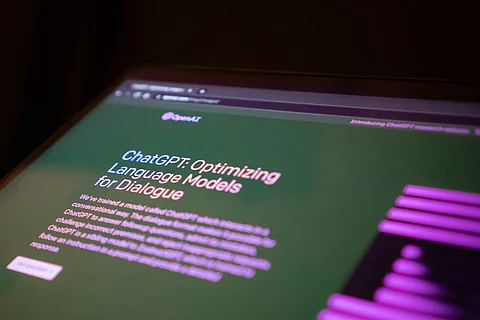

As industries slowly adapt their business models around generative AI, the public sector has been understandably cautious about its application. In 2024, New Zealand’s GovGPT may have provided a relatively simple but effective blueprint for how AI can make dealing with the government even easier.
To understand New Zealand’s GovGPT tool, you should know that ChatGPT and similar models can crawl the internet to find information. What’s more, they can read, understand, and then summarize pages to the user. This is a handy feature that Google has embraced through Gemini AI, which adds an AI overview to simple search queries.
Gen AI has already made search easier in the private sector, especially for online businesses. Many digital industries rely on search and other discovery tools to lead their intended audience to them, based on user interest, intent, or even their region. Take iGaming, a space where casinos often market to the specific countries they operate in. These websites want users to search for an online casino in New Zealand that offers slots, jackpots, scratchcards, and other things that would lead to new clients finding the service. While an online search is often sufficient, users can then use Gemini or another AI model to gather context, by using it to explain unfamiliar game rules or summarize playing strategies.
Despite its search adoption, AI is still in its earliest stages of adoption. This is even more so for the public sector, where data management is more of a concern for world governments. To solve this, some are starting to make their own, like the United States’ Stargate Project led by OpenAI founder Sam Altman. In the meantime, the government of New Zealand has settled on a humbler use case for AI.
GovGPT was the brainchild of Judith Collins, New Zealand’s Minister for Digitizing Government. True to its name, it is essentially a white-labeled digital service that uses the same technology that powers ChatGPT. This means it functions as a localized, focused search engine and explainer. It crawls government pages and can relay the information stored on them, potentially saving users a lot of clicks and just as much time.
On announcing the project in September 2024, Collins called GovGPT a “digital front door” through which users could “find answers to their questions about government in a convenient and timely way.” The service launched the following October and is easily accessible even if you aren’t from New Zealand. It launched containing information from 14 pages, though more may be added if the project is expanded to other government services. Not long after this New Zealand tool went live, the UK government revealed they are testing their own Gov.UK Chat that uses OpenAI’s advanced ChatGPT-4o model. Both services are focused on offering business support to entrepreneurs in their respective countries.
As these services mature, they’ll probably expand to cover other citizen interests. They may also show world governments how even basic AI applications can drastically change information access for the better, by cutting down on unnecessary bureaucracy and freeing citizens from labyrinthine, state-funded website designs. This sluggish adoption won’t happen in a vacuum – gen AI will continue to get smarter, which should also make the public and private sectors more enthusiastic about exploring better AI tools.
